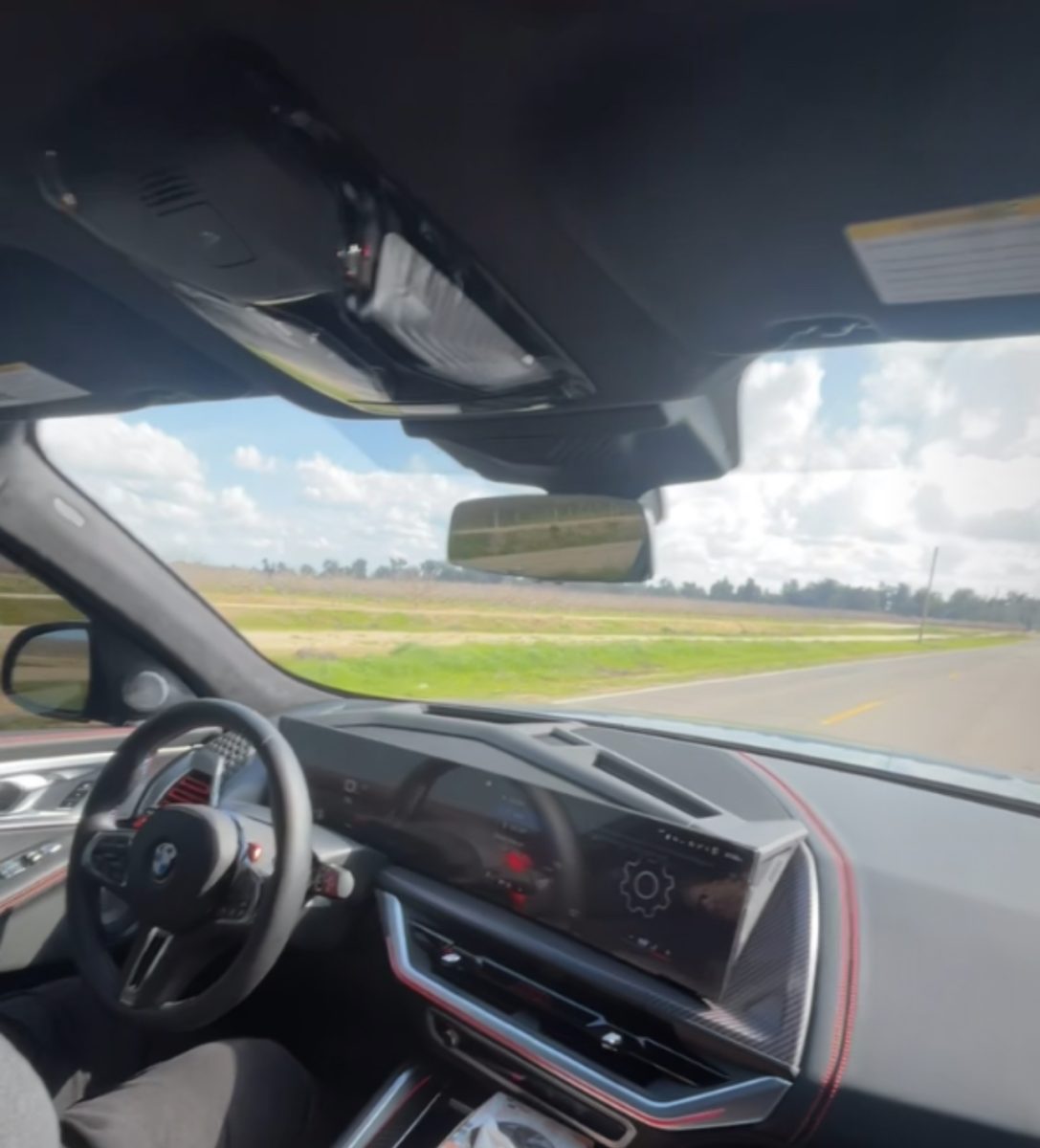According to techxplore.com “More than 2 billion people, approximately a quarter of the world’s population, lack access to clean drinking water.” With the lack of affordable and accessible safe water many people rely on drinking muddy water or water from rivers which are filled with parasites. Researchers at Austin Texas have come up with a cheap and effective solution to harmful water and dirty water. They have made a hydrogel filtration system attached to a syringe that will filter out nearly all weeds and tiny particles. This system offers significant advantages in cost and effectiveness compared to other filtration systems as they range from $250 to over $4,000 depending on quality and the amount of water it filters. Guihua Yu, a professor of materials science said “The pressing concern of particle-polluted water, particularly in remote and underdeveloped regions where people frequently rely on contaminated water sources for consumption, demands immediate attention and recognition,” Today most filters consist of filter paper and microporous membranes that filter anywhere from 40%-80% of particles larger than 10 nanometers, but this new filtration system claims to catch nearly 100% of particles larger than 10 nanometers.
The system is made of low-cost, sustainable, and readily available materials with the main innovation being the filtration system which is a intertwined web of nanocellulose fibers that catches particles while the newly cleaned water passes through. This has been tested on muddy water, river water, and water contaminated with microplastics. The person using this only needs to take the syringe and grab some water then pass the water through the filtration system leaving them with drinkable water. The filtration system is able to be used up to 30 times before requiring replacement and is biodegradable. The team has tested the technology using needles large enough to hold 1.5 liters of water or 40% of a person’s daily drinking needs.They are planning to increase the size of the syringes so that it may hold even more water to tackle global water needs. According to nature.com during the operation of the syringe, the flux or flow of the injection driven filter system reaches 90.6 g cm−2 h−1, which is “7.2 times higher than that of commercial polycarbonate ultrafiltration membrane operated under the same conditions.” Polycarbonate membrane filtration cost can vary but is generally between $90-$700 at sterlitech.com and gives pack sizes around 30 to 100 polycarbonate membranes.


